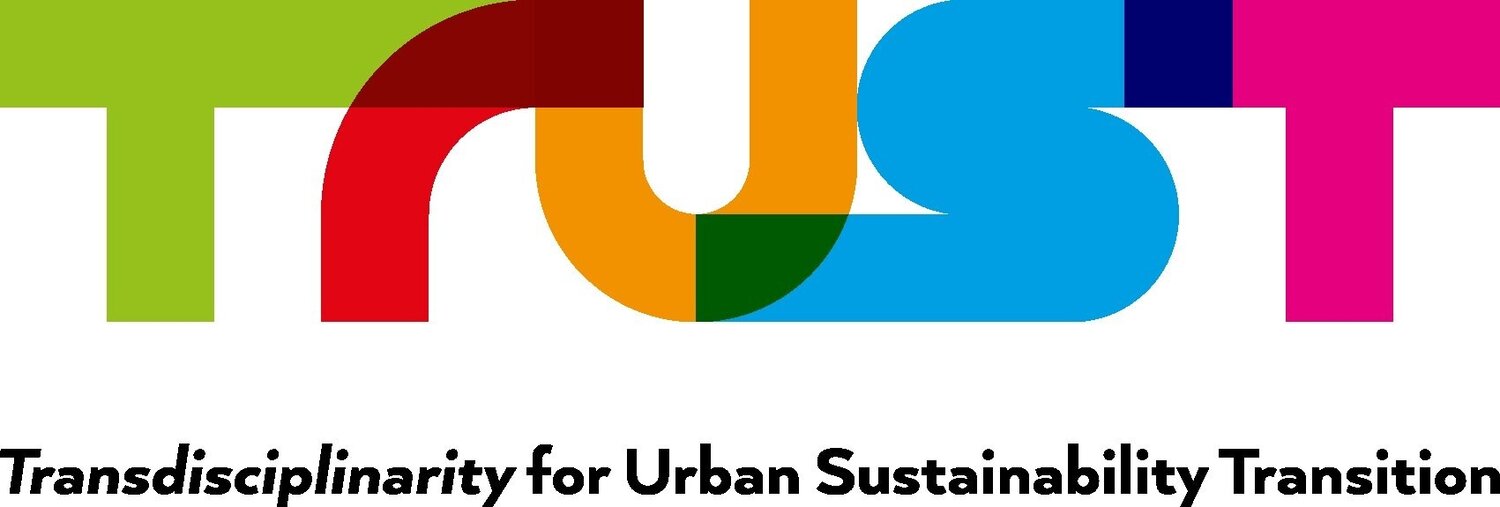The 15th International Conference of Sociocybernetics will take place in the historical building of Palazzo Volponi and will be hosted by the Department of Communication Sciences, Humanities and International Studies: History, Cultures, Languages, Literatures, Arts, Media of the University of Urbino Carlo Bo.
“Dark Ages 2.0”: Social Media And Their Impact
In 2009 the ISA Research Committee 51 on Sociocybernetics hosted its annual conference in Urbino. The topic of the conference was the impact of the, then emerging, social media technologies on society. In the call, the “web 2.0” turn was explicitly associated to the advent of the printing press. The title of the conference was Modernity 2.0: emerging social media technologies and their impact. Along the line of visionary founding fathers of cybernetics and systems theory, the call solicited interdisciplinary contribution to explore the possibilities and tackling the challenges of a “new extraordinary change that we can barely describe today”.
A decade later, having witnessed the first impact of social media on society, it is about time to call for a new sociocybernetic forum to reflect on what we learned so far and the future perspectives.
The anticipated disruptive potentials of digital and social media unleashed on our society but the outcomes appear to be darker than what envisioned by scholars ten years ago. The entire industry is heavily concentrated in the hands of few organizations (Facebook, Google, Amazon, Apple and Microsoft). Our mediated private and public conversations increasingly take place on powerful platforms owned by private organizations that, in a classic feedback loop, leverage these data to target advertisements tailored to our tastes and preferences. Contents on these platforms are sorted and filtered by proprietary algorithms that prioritize most engaging contents. Traffic to news source is increasingly driven by these algorithms and so are their revenues. For the first time in history, a handful of global private organizations are more powerful and rich than an entire country. At the same time, their management appears unable to address problematic issues such as misinformation and disinformation spreading rampant on social media platforms and messaging apps. The goal of making the “world more open and connected” comes with unintended consequences. Billions of people interacting in an unprecedented complex mediated digital environment proved to be hard to govern even for the owner of the platform itself.
Once again, the original issues of steering and controlling at the roots of cybernetics seems to be a core concept to understand a society where human beings increasingly interact through and with machines. The dialectic between control of this platforms (and lack of thereof) is central to face some of the main challenges of contemporary society. The exploitation of behaviours and individual choices, of contents generated and shared by users feed the algorithms and create the internal order. And, at the same time, the variety produced by individuals is used to increase the internal complexity of the system itself. Visible permanent public conversations and interactions are increasingly scrutinized and analyzed to get a real time pulse of the public opinion. As a result, these real time quantified attention indicators become a target worth to be hacked through unauthentic users and behaviours aimed at inflating likes, shares and reaches of certain contents and ideas. In a quintessential exemplification of the effects of self-observation in social systems, the public opinion observed through the distorted mirror of social media affects citizen opinions and behaviors. The whole misinformation and disinformation issue filed under the “fake news” label calls into account the role played by the observer and the divisiveness, pointed out by Heinz von Foerster, brought by those claiming to speak the Truth. Claude Shannon’s original concept of information as a function of the probabilities help to explain why made up news tend to travel fast and spread quicker than legitimate news stories. Furthermore, Luhmann’s description of the codes that differentiate functional systems in modern society supports the idea of a co-existence of multiple different perspective that goes beyond the distinction between true and false (or the domain of the system of science).
The goal of this conference is therefore to bring scholars together to explore, within a sociocybernetic approach, the issues at stake.
More info can be found here.

